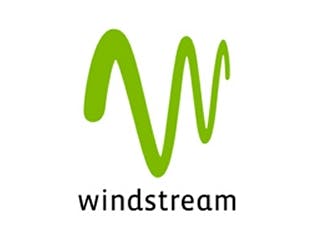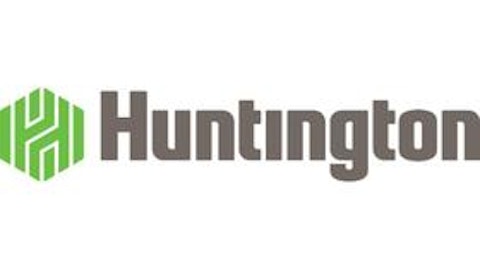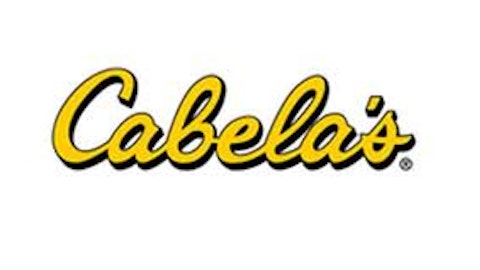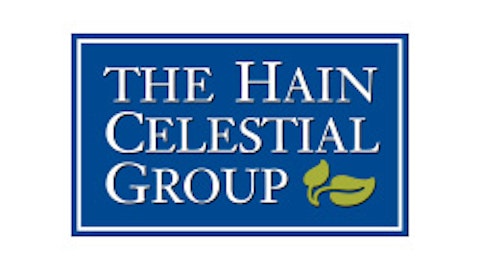According to our database of insider trading filings, several company insiders at Windstream Corporation (NASDAQ:WIN), a $4.8 billion market cap U.S. telecom and business services company, have been buying shares since the beginning of March. The most recent of these, in which Board member Samuel Beall purchased 30,000 shares on March 28th at an average price of $8.01 per share, got our attention for its size as well. Insider buying is generally considered a bullish signal; in theory, insiders should be hesitant to purchase shares since they already have an economic connection to the company and it is rational to diversify. Studies show that stocks bought by multiple insiders outperform the market on average (read our analysis of studies on consensus insider purchases)
Windstream Corporation (NASDAQ:WIN) also stands out for its high dividend yield. The company has paid a quarterly dividend of 25 cents per share since the end of 2006, making for a yield of 12% at current prices. That 25 cent per share dividend was a cut from the previous level, and investors who got into Windstream a year ago are solidly in the red despite the yield as the stock price has fallen 31%, but it should still be appealing from an income perspective. Windstream itself grew its revenues considerably last year compared to 2011. Operating income declined by 8% as costs increased, but with some of that increase coming in the form of depreciation the company grew its cash flow from operations to $1.8 billion in 2012 versus $1.2 billion a year earlier. While most of the extra CFO went to increased capital expenditures, we aren’t too worried about the safety of the dividend. From a value point of view Windstream is arguably expensive, however: the trailing earnings multiple is 29, though we have seen that the company is throwing off quite a bit of cash flow and in fact the EV/EBITDA multiple is only 6.0x.
James Dondero’s Highland Capital Management more than doubled the size of its position in Windstream Corporation (NASDAQ:WIN) during the fourth quarter of 2012, to a total of 2.3 million shares (see Dondero’s stock picks). Wayzata Investment Partners, managed by Patrick Halloran, was the largest shareholder of Windstream out of the hedge funds and other notable investors which we track in our database of 13F filings with 4.2 million shares in its portfolio at the end of December. Find Wayzata’s favorite stocks.
Other telecom companies include fellow high yielders Frontier Communications Corp (NYSE:FTR) and CenturyLink, Inc. (NYSE:CTL) as well as giants AT&T Inc. (NYSE:T) and Verizon Communications Inc. (NYSE:VZ) who have slightly lower yields than the other three stocks in this peer group but are popular income plays because their size is treated as a measure of stability. Frontier’s yield hits 10%, though it is another popular short target and it reported a decline in revenue and earnings in the fourth quarter of 2012 versus a year earlier. CenturyLink- which is actually a large cap itself, with a market capitalization of $22 billion- pays a yield of just over 6%, though its stock price is down 10% in the last year and investors should check out the company’s financials before considering a purchase. AT&T Inc. (NYSE:T) and Verizon Communications Inc. (NYSE:VZ) have dividend yields between 4% and 5%, but are quite large in terms of market capitalization and also have little exposure to the broader economy with betas of 0.4 or lower. Certainly those yields, though lower than what we saw at the other three companies, are not exactly low either.
As a result AT&T Inc. (NYSE:T) or Verizon Communications Inc. (NYSE:VZ) may be safer enough that they are worth accepting a lower yield, though in Verizon’s case we would wait to hear more about how it will settle its relationship with Vodafone. It is a plus to see insiders buying into Windstream and certainly the yield is quite high; if the stock is only going to be a small share of an income investor’s portfolio, then the company may be worth further research given that the cash flow numbers look strong at this point.
Disclosure: I own no shares of any stocks mentioned in this article.






